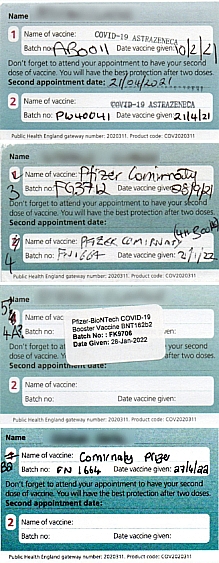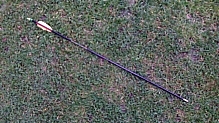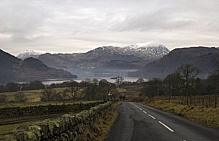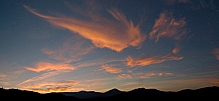Well, we waited a while for darkness to fall and for Saturn to become visible. I trained the scope on it only to find it hiding behind the topmost leaves of a bush. We waited a while longer and then found that it had gone behind a tree. More waiting ensued before it cleared all of the obstructions, and then the guests all got a view of it through the eyepiece. After they were all suitably impressed by the planet and by the few Saturnian moons that were visible, I swapped the eyepiece for the camera and we all watched it on the laptop for a while. As an added bonus those not glued to the screen got to see the ISS pass overhead.
Visit over and goodbyes said, I went back to pack away. Trouble was, the sky was incredibly clear and the seeing was much better than usual. It was too good an opportunity to miss...
Before long I'd got the 1000D set up on the 6" R-C and the DMK was back on the guide-scope. A fair few globular clusters were visible unaided so I took a few runs of images and did some visual observing over the next few hours. Intermittent high wispy clouds spoiled a lot of the data but I ended up with a few reasonable frames for stacking. At the end of the session I was fair knackered as I'd spent nearly 12 hours either behind the scope or in front of the lappy, but it was worth it.
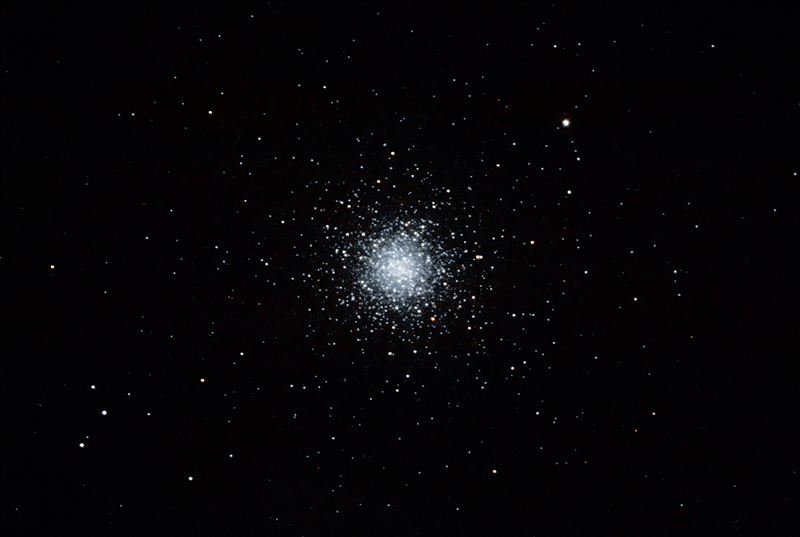
M3 (aka NGC 5272), a globular cluster in the constellation Canes Venatici.
Subs: 11 light @ 300s, darks and bias frames, ISO400.
1000D on the 6" R-C with 2x PowerMate, guided with PHD.
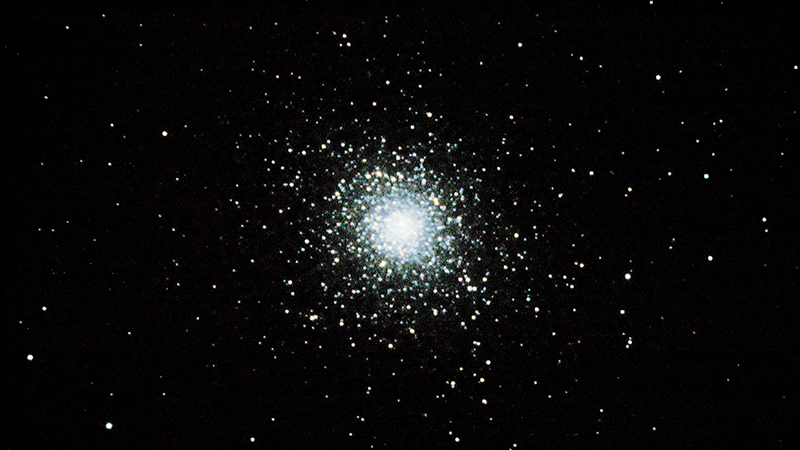
M5 (aka NGC 5904), a globular cluster in the constellation Serpens.
Subs: 14 light @ 300s, darks and bias frames, ISO800.
1000D on the 6" R-C with 2x PowerMate, guided with PHD.
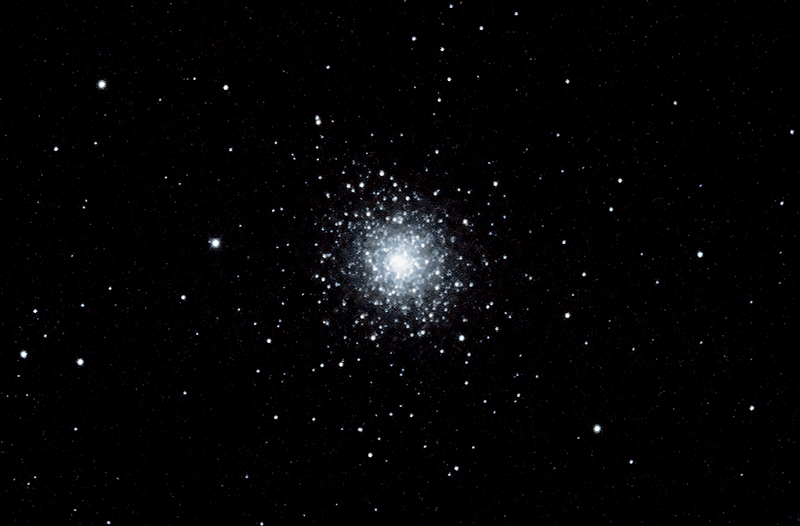
M92 (aka NGC 6341), a globular cluster in the constellation Hercules.
Subs: 11 light @ 300s, darks and bias frames, ISO400.
1000D on the 6" R-C with 2x PowerMate, guided with PHD.

